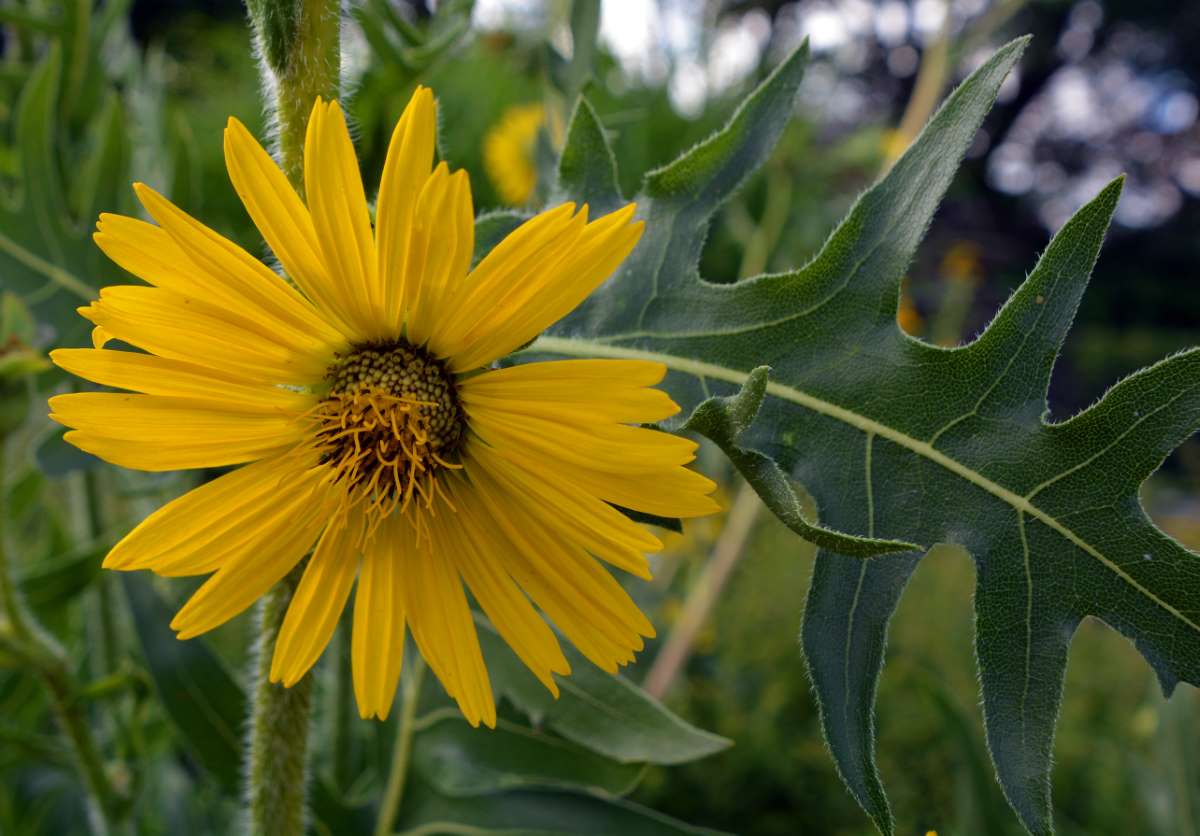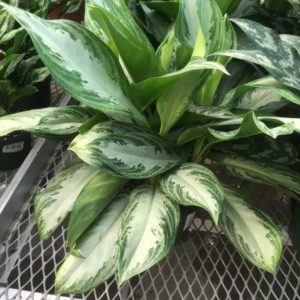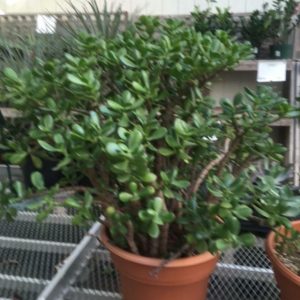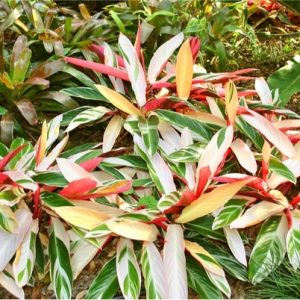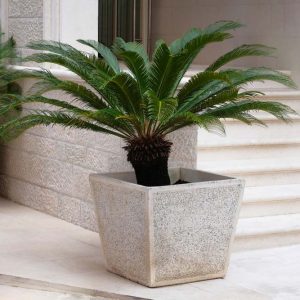Description
Silphium – Prairie Dock – Rosinweed –
There are 20 tall herbaceous perennials in the Asteraceae family, in this genus. They are found naturally occurring in fields, prairies and open woodlands and scrub in Canada and Central and Eastern USA. Their, erect, sparsely branched stems exude resinous sap with a strong turpentine like scent. The opposite or alternate, leaves, sometimes all basal, are lance shaped or pinnatifid. Sunflower like yellow flowers, rarely white, are borne in branching corymbs. Excellent for naturalizing in a wild garden or woodland garden, or for the back of a herbaceous border.
Grow in moderately fertile, moist, deep, neutral to slightly alkaline soil in full sun or partial shade, best in heavy soil. Divide in spring.
Prone to downy mildew, rust, and Cercospora leaf spot.
S. laciniatum – Compass Plant – Pilot Plant – Polar Plant – This upright, clump forming perennial from Eastern and Central USA grows 10′ feet tall and 2′ feet wide. From stiffly, bristly hairy stems it carries alternate, pinnatifid or 2 pinnatifid, fern like, hairy leaves, to 20″ long, becoming smaller up the stems, the flat sides face east and west, hence the plants common names. In July to September it bears terminal, narrow, raceme like corymbs of nodding yellow , eastward facing flowers, to 5″ across, with darker centers.
Zones 5-9

